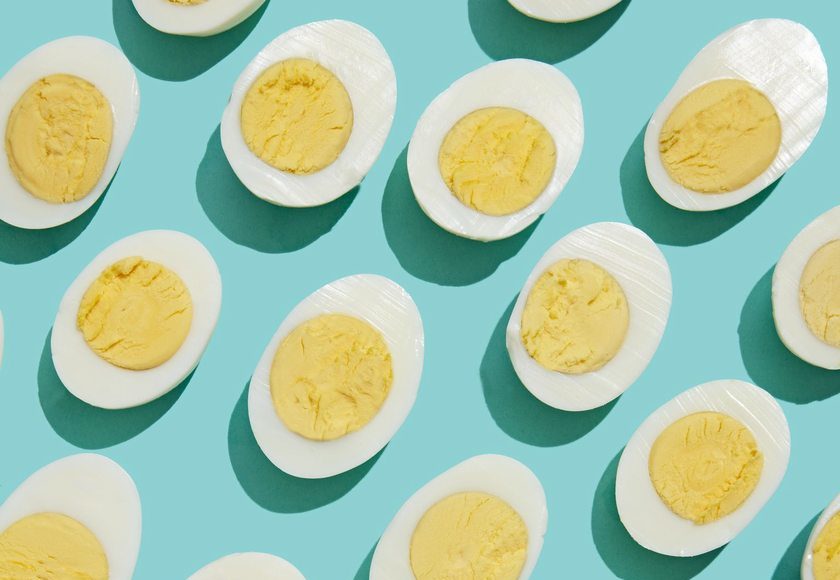With all the high-protein and modified high-protein diets out there, there’s a hunger for information about how exactly these eating plans work and whether they’re good for your body. Plus, are they truly the magic bullet that can help a person slim down? We asked Stefani Sassos, MS, RDN, CDN, the Good Housekeeping Institute’s registered dietitian, all of your burning questions about high protein diets to get real scoop.
What is a high-protein diet?
It’s pretty much what it sounds like: A high-protein diet is an eating plan that typically emphasizes large amounts of protein and only a small amount of carbohydrates. “Protein is an important building block of bones, muscles, cartilage, skin, and even blood,” Sassos says. “Protein and its role in weight loss has been studied for many years and has shown benefits when it comes to keeping you satisfied longer and making it easier to control your appetite.” Every high protein diet is different and may have different restrictions, she says, while noting that paleo is an example of a high protein diet, while certain low-carbohydrate diets like Atkins Diet, South Beach Diet, Keto, and the Zone Diet can be considered high protein.
What can you eat on a high-protein diet?
These diets typically allow all different types of protein and fat, including beef, poultry, fish, dairy products, cheese, eggs, butter, and oil. “They usually restrict carbohydrates like bread, pasta, fruit, starchy vegetables, and on a paleo diet, even legumes,” says Sassos.
SEE D JANGetty Images
Is a high-protein diet good for weight loss?
You can lose weight on a high-protein diet, but there’s a caveat. “The issue with high-protein diets is that they often restrict healthy carbohydrates,” she says. “Carbs carry water in the body, which is why people tend to lose weight quickly when they start a high-protein/low-carbohydrate diet — they’re actually just losing a ton of water weight because they’ve cut out carbs. ” Many people tend to plateau after that initial water weight decline. The best high-protein diets focus on lean sources of protein and include some healthy carbohydrates.
Is a high-protein diet healthy?
Too much of anything, even a good thing, can be a problem. “A high protein diet can put stress on your kidneys and even lead to dehydration,” says Sassos. “Typically, for the average person eating about 1 gram of protein per kilogram of body weight per day is ideal.” If you’re physically active, you may need more protein. Meeting with a registered dietitian can help you figure out your daily protein needs.
Because some high protein diets encourage consumption of fatty meats, they can increase your risk of heart disease and other chronic diseases. “Make sure you’re choosing lean sources of protein such as skinless poultry, fish, eggs, beans, and nuts,” she says. “Don’t forget about vegetables, and try to choose carbohydrates that are high in fiber and nutrient-dense.”
What are some healthy high-protein snacks?
There are plenty of options to grab, especially when you’re on the go, including almonds, jerky, hard-boiled eggs, and peanut butter. For a full list, check out our RD-approved roundup of high protein snacks you can buy.











